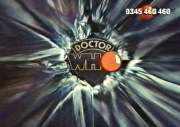
| Return to Doctor Who spin-offs | Return to Doctor Who contents page | Return to site index |
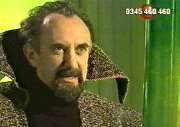
The comical Doctor Who
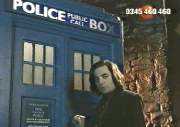
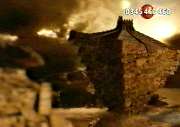
The Comic Relief spoof, Doctor Who and the Curse of Fatal Death, presented us with a "ninth" Doctor Who, portrayed by Rowan Atkinson. Or did it? Wasn't it just a parody of the original series? And not even the first time a Doctor Who spoof had been seen on British television. (Although on those previous occasions, the series had still been in production.) Interestingly, the story's promotion in the Radio Times went all-out to paint the adventure as the revival of Doctor Who, and Atkinson as the genuine ninth Doctor. This sent a wave of excitement through fandom unmatched since the Paul McGann movie. It really did seem as if Doctor Who was coming back. Inevitably, the finished product may have come as something as a disappointment.
To my mind, there's no reason why we shouldn't regard ...The Curse of Fatal Death as a proper Doctor Who story - albeit apocryphal. The story's writer, Steven Moffat, had previously penned a seventh Doctor short story, Continuity Errors, which postulated the idea of the Doctor inspiring legends and folk tales wherever he went in the universe. In this context, the existence of the Doctor Who television series becomes part its own fiction - simply the latest expression of the folk legend that has grown up around the Doctor's exploits.
Taking this extremely powerful idea to its logical extreme, we can see Doctor Who and the Curse of Fatal Death as a new re-telling of the Doctor's story, presented in a comedic form. The idea of the Master and the Daleks renouncing evil because of the Doctor's example may seem far fetched, but who's to say that it couldn't happen at some point in the future? A race of people who communicate only by farting isn't so far removed from a race who communicate by waggling their eyebrows. And as for the Doctor regenerating four times in quick succesion, that could just be the storyteller becoming confused about the number and nature of the Doctor's transformations. (It's perhaps significant that one of them resembles the future Doctor seen in Scream of the Shalka.)
So, are we to consider the following actors as genuine incarnations of the Doctor? I don't see why we shouldn't. A more cynical person might point out that with the BBC giving us all thirteen Doctors - the maximum number of bodies a Time Lord can have according to established continuity - they had no need to bother making any more Doctor Who. Well, according to this story, the Doctor has many, many more bodies waiting for him. It even implies that he's too important for the universe ever to allow him to die... (And anyway, with the arrival of the "real" ninth Doctor on our screens in 2005, that argument's now dead in the water...)
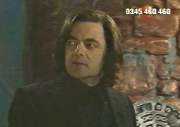
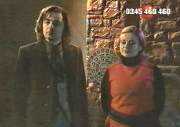
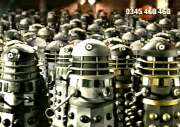
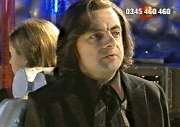
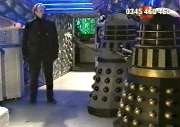
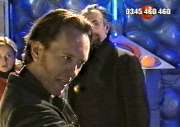
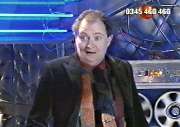
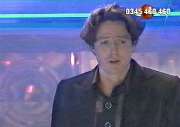
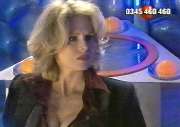
Return to Doctor Who spin-offs




